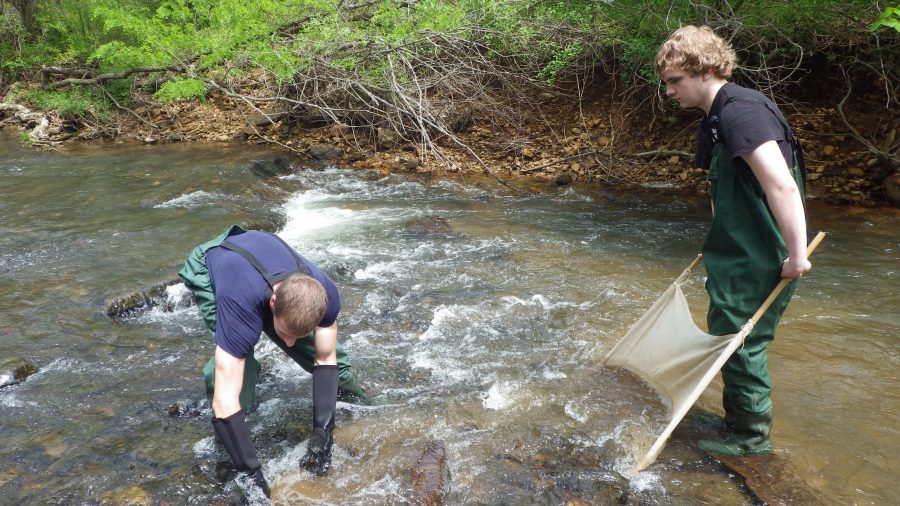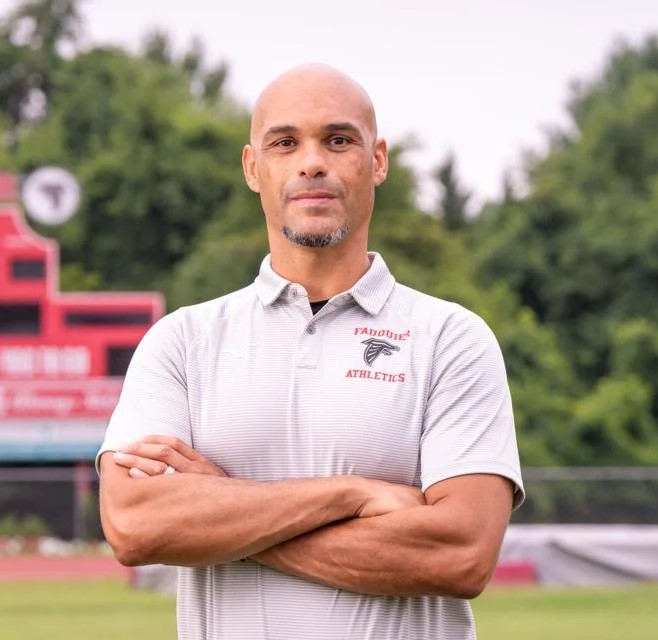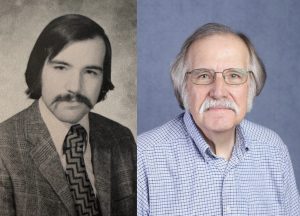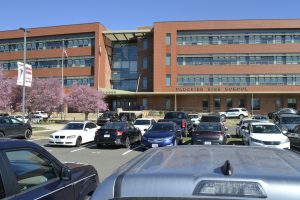Students learn by doing in ecology class
February 25, 2016
From studying dwarf galaxies to mating fruit flies, students have many options to study science at FHS, but one class, ecology taught by Deborah Fisher, is growing increasingly popular among students.
“This class is very hands-on. We look at ecosystems, how they function, and human impact on those systems,” Fisher said. “It’s all about studying how greatly the environment can impact us, and in turn, how greatly we can impact the environment.”
Fisher believes in the importance of bringing students out from behind desks and into the ecosystems they are studying. With trips to the school pond and local streams to take water sample tests and studying plant and animal life, students are able to learn by seeing how the various components of an ecosystem interact. Fisher suspects that nutrient levels are too high in the school pond for certain animal life, and she plans to continue testing these levels with her classes.
Fisher hopes that once the class determines the nutrient levels, her students will find a way of lowering them. For example, adding plants to the pond will help remove nutrients.
“My favorite part of ecology class is being able to go outside and actually observe the environment,” senior Catie Story said. “It raises awareness to what’s going on around us that we don’t often pay any attention to.”
In ecology, students study the reasons for species extinction and the causes of pollution and what needs to be done to stop it. The preservation of the environment is up to humans, and this class draws attention to the importance of this preservation. Students study a range of topics from little things, like micro-bacteria found in the stream water of Fauquier County, to huge events like the killing of thousands of dolphins off the coast of Taiji, Japan.
“I want students to understand that one person can make a difference. I am one person, and I’m hopefully opening other people’s eyes to the impacts that we have,” Fisher said. “I want them to understand how ecology is tied to economics and political decisions. They are the people that are going to be making those economic and political decisions, and I want them to have a background in natural resources so that they can make good educated decisions and have the resources to make those educated decisions.”
Fisher’s goal is to prepare students to make decisions that will impact the environment beneficially.
“I have definitely become more aware of my ‘ecological footprint’ because of this class,” Story said. “Ecology class has affected my daily life in that I constantly find myself stopping and re-thinking decisions that would’ve been potentially harmful to the environment.”
Students also study how people can improve the environment. The ecology classes are in charge of the school’s recycling program, and students collect all recyclables within the school, sort them depending on material, and prepare them to be sent to a recycling plant. The recycling program is thriving, and Fisher hopes that it’s raising awareness of the importance of reusing materials.
“It was a cool experience to be able to help with school recycling,” senior Lindsay Schmidtmann said. “It was nice to be able to feel like I was making a difference, not only for our school, but also for the environment. I had never really done anything with recycling previously, but once I got involved with it in ecology, it inspired me to recycle at home, as well.”
Fisher’s ecology class is rooted in awareness; she wants her students to know what’s going on in the world around them and to love the environment as much as she does.
“I’m a tree hugger; really that’s what it is,” Fisher said. “We must learn how to sustain, and there’s a science to that. Ecology class shows these kids the importance of needing to learn that science, because ultimately they are our future.”







